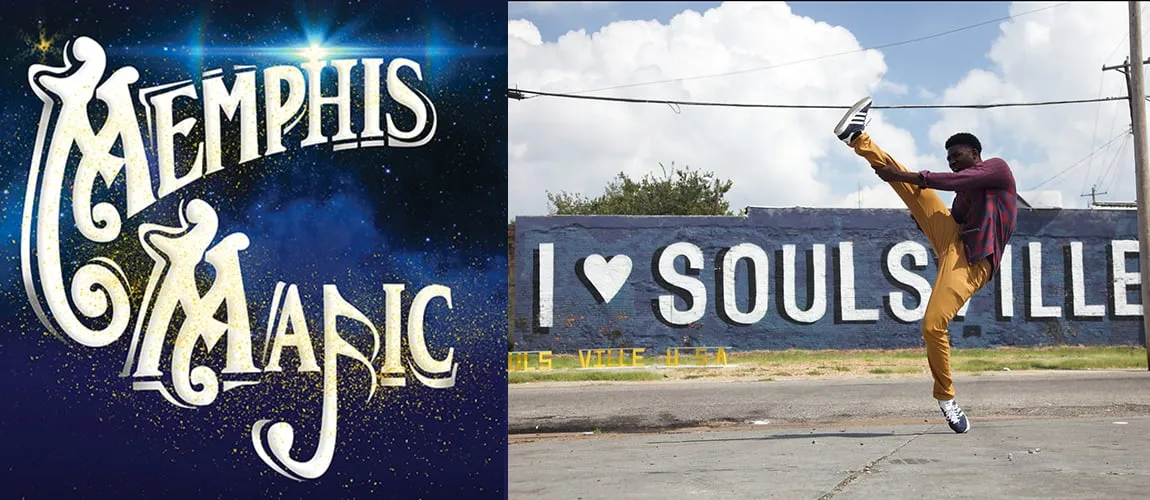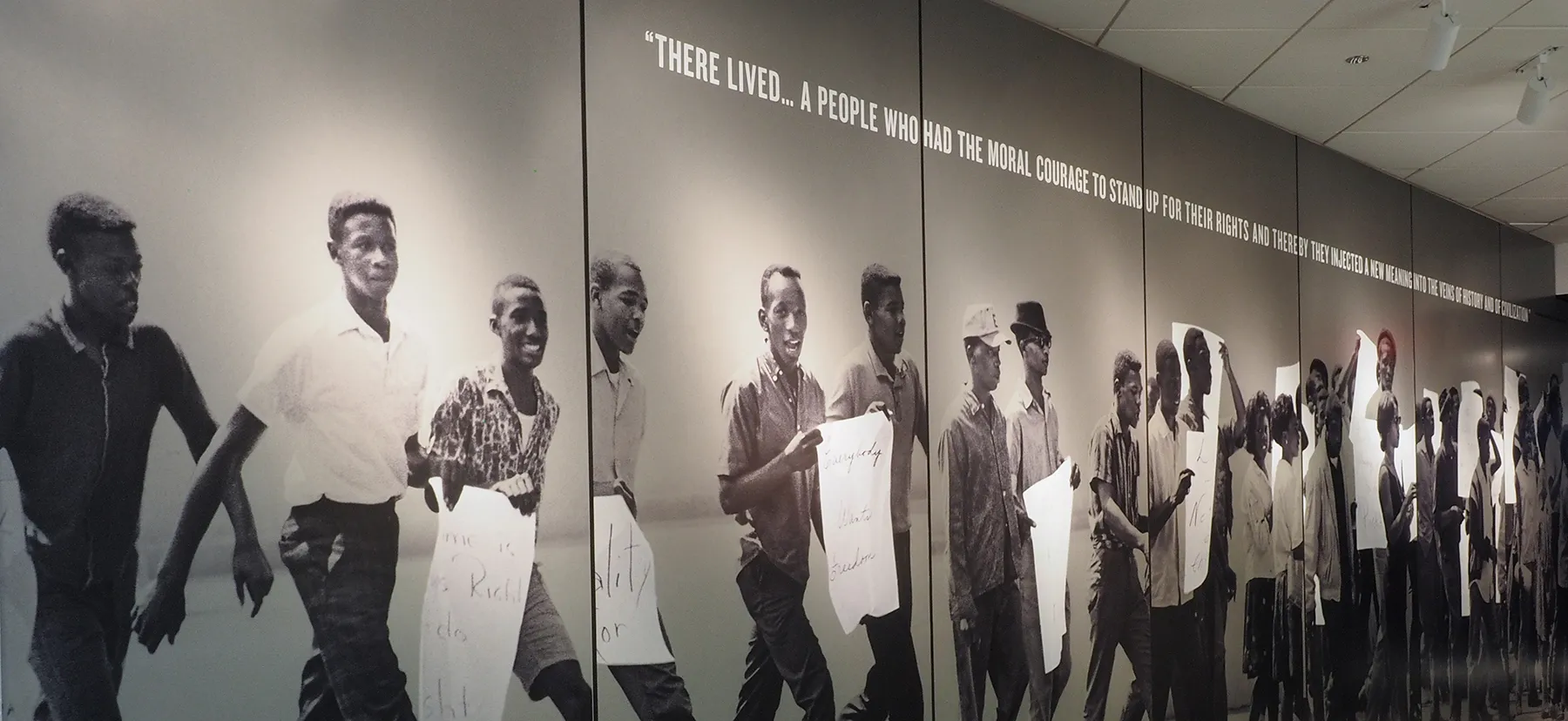
Memphis Majic Documentary Screening
Saturday, February 16 • 6:00pm • free & open to the public
Special guest filmmaker Eddie Bailey
MEMPHIS MAJIC is a documentary that weaves dance and history to portray a relevant reflection of modern culture. The museum’s screening is in celebration of local, contemporary history as well as Black History Month, and is set before the film makes its February 19 national debut.
The brainchild of Emmy-nominated director and Memphis native, Eddie Bailey, the film takes a look at the city through the lens of a 30-year old Memphis-born street dance called Jookin’. Featuring street dance superstar, Lil Buck, MEMPHIS MAJIC seamlessly connects urban dance, Hip-Hop, politics, and history to reveal how one of America’s most important cities was built. It is a universal story that gets to the heart of the city’s rich culture, history, race relations and socioeconomic barriers.
The film features interviews with academics, artists (Grammy nominated instructor of Stax Museum’s Stax Music Academy Justin Merrick), jookers (Trill V, Daniel Price, G Nerd, Ladia Yates), and clergy (Pastor Earle Fisher of Abyssinian Missionary Baptist Church). MEMPHIS MAJIC demystifies the creative style of Jookin’ as a unique cultural expression while it synthesizes the city’s deep history through its culture, politics, and unique race relations to paint an accurate, yet arresting, portrait of Memphis.
Filmmaker Eddie Bailey describes the art form as “a derivative of hip hop culture and an extension of broader Black culture.” Drawing on the Memphis’ music roots, he explained “Memphis was once a music mecca. So I’m using Jookin’ as a mechanism to explore the rich culture, history, racial politics and socioeconomic stratification of the city in a way that has never been done before,” Bailey said. “When you talk about the Civil Rights Movement, you have to talk about Memphis. In the south, Memphis was an epicenter of African American culture. But Memphis also parallels cities like Camden, New Jersey, Detroit, Michigan or Gary, Indiana – all of which are majority Black, largely blue collar, and in a particularly perplexing socioeconomic state.”
Bailey adds, “The city has a very peculiar racial history.” He is a cousin of National Civil Rights Museum founder D’Army Bailey, the late civil rights activist, attorney and circuit court judge. “The funny thing is there’s a plaque commemorating where a former slave trader’s house once stood, which is directly across the street from the courthouse named after D’Army Bailey.”
Early on, Bailey relocated to Atlanta and later attended Howard University where he honed his acumen for storytelling through film studies. Upon graduation, he moved to New York City where worked with networks including MTV, BET, NBC and TV One. Following the 2007 Writers Guild of America strike and the Great Recession in 2008, he founded his production company Savoy Media Group in 2010. In 2015, he produced and directed “The History of Hip Hop in the Bronx,” a TV segment that earned him an Emmy nomination.
